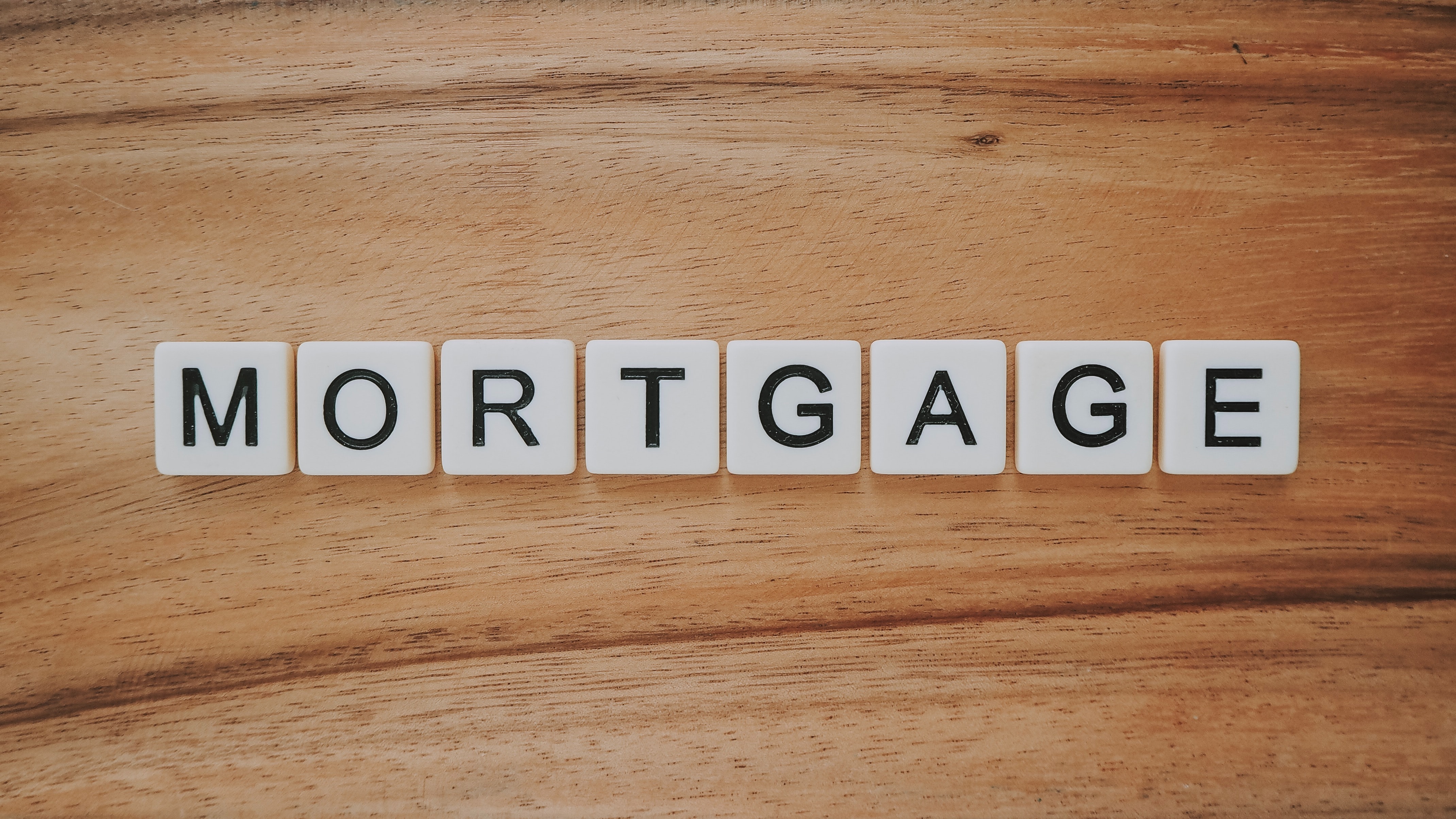Adjustable mortgages come with fluctuating interest rates.
When you want to buy a home, deciding on a mortgage loan is the best place to start. Knowing your credit score, what you can afford in monthly payments and how much you have to put toward your down payment gives you a better idea of what type of loan fits you best. Take a look at these mortgage loans and decide what works best for you.
1. Conventional Mortgage Loan
You might wonder what is a conventional loan? This loan is ideal for those who have good credit, minimal debt and a secure employment history. Use this loan to finance any kind of property, such as vacation homes, investment properties and primary residences. However, there are conditions tied to these loans. They must be lower than $647,000, or if you look in a higher-cost area, no more than $970,000.
The loan terms range from ten to 30 years, with an average interest rate of 3.62 percent. A three percent down payment is required, and a private backer is the insurer.
2. Jumbo Mortgage Loan
Unlike the conforming loans, jumbo loans are larger than the $647,000 limit. So, any loan more extensive than this price falls in the jumbo loan category. These loans are intended for the wealthy who want to buy a more expensive home. If you’re going to attain one of these loans, you must have exceptional credit, sufficient savings and minimal debt.
The loan terms are 15 to 30 years, with an interest rate of 3.68 percent. Ten percent to 20 percent down payment is required, and a private backer is the insurer.
3. Unconventional Mortgage Loan
The federal government insures unconventional loans. Therefore, this insurance protects any lender from a loss if you default on your loan. Since they have this reassurance, lenders offer more flexible conditions on these loans.
4. FHA Mortgage Loans
Backed by the federal housing administration, these loans are used by first home buyers. Typically, those who apply for these loans have a lower credit score, smaller down payments and were not approved for a conventional loan.
The loan terms are 15 to 30 years, with an interest rate of 3.43 percent. Three to ten percent downpayment is required, and it is insured by the government.
5. A Fixed-Mortgage Loan

A fixed-rate mortgage is where the interest rate is the same as the loan duration. This fixed-rate gives comfort in knowing that their rates stay the same after buying their home. There are two different types of fixed-rate loans, ten years, 15 years and 30 years.
A ten-year loan works best for those with a reliable income without significant debt. But, with the life of the loan being shorter, it means the payments are higher. On the plus side, these loans are at competitive interest rates, meaning you get a good deal.
On the other hand, a 15-year loan is suited for those with increasing income and decreasing debt in the future. Just like with a ten-year loan, your payments will be higher.
The majority of loans fall under the 30-year mortgage territory. When you want to lessen payments by extending the life of your loan, you should consider going with this loan.
6. Adjustable Mortgage Loan
Adjustable mortgages come with fluctuating interest rates. Starting out, these loans come with a lower interest rate at the beginning but increase as the loan goes through the years.
7. Veteran Home Loan
Veteran loans are meant to help veterans purchase their new homes. These loans have highly competitive rates and are backed by the Department of Veteran Affairs. You can apply for this loan if you are an active military or veteran.
The loan terms are 15 to 30 years with a 3.30 percent interest rate. There is no down payment required and it is insured by the government.
With all the types of mortgages, there are many to choose from, do your research to find out which one is the best option. Knowing your finances help make this decision easier. If you are unsure where to start, talk with someone knowledgeable about loan requirements.


Join the conversation!